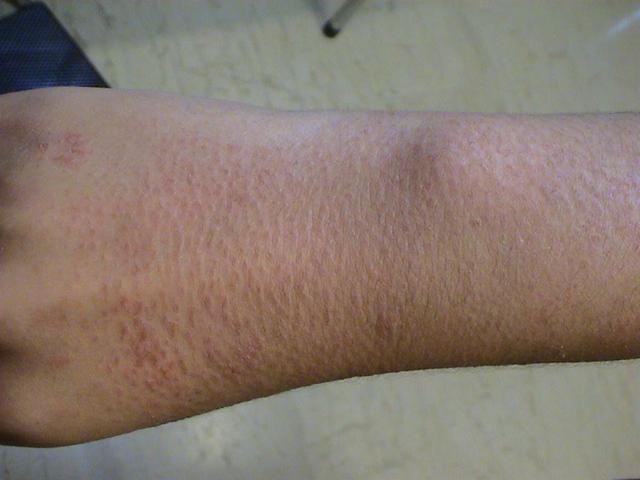Ingredient Spotlight: Retinol
Over the next few weeks we will be spotlighting some of our favorite ingredients in skin care and educating you on the way that they work and any side effects that they cause. Stick with us and you will know all about what you want to incorporate into your skincare routine- feel free to ask questions or give suggestions for topics that you want covered.
We'll be starting with Retinol because it is our FAVE ingredient--why?--because it imparts the most dramatic results for aging and blemishes while also having general health benefits for your skin.
So, what is retinol/retinoids?
Retinol/Retinoids are a derivative of Vitamin A and you may see it listed as several different names. Below is a list of names for the prescription and non-prescription versions.
Prescription: Retin-A (Tretinoin), Differen (Adapalene), Tazorac (Tazarotene)- there are also many combination products that have a retinoid as one component, so this is not an exhaustive list
Non-Prescription: Retinol, Retinyl Palmitate, Retinaldehyde
How does it help with Blemishes?
Retinoids help to open pores and prevent clogging. They also decrease excess oil production in the skin.
How does it help with Aging?
Retinoids increase skin cell turnover, which is a natural process that slows down as we age. It also increases the quality of the new skin cells that are being formed- they are more rounded and even. One of the biggest benefits of retinol is that it can increase collagen production, which gives our skin its elasticity and resilience.
How does it keep your skin Healthy?
Retinoids are antioxidants that decrease inflammation and protect the skin from oxidative damage. They possibly can protect the skin from certain types of skin cancer- though more research is needed in this area. Retinoids can also decrease photo damage from the sun. There are other skin conditions that benefit from retinoids such as rosacea and psoriasis- consult your physician for more information about this.
Do I need Rx or OTC?
The answer to that is determined by your skin condition. Prescription retinoids are much stronger and they also have more side effects (it's a trade-off). If you have severe acne or if you have not taken good care of your skin for many years, you may want to start with the prescription version. Otherwise, start with the non-prescription version and work your way up. Retinoids have side effects and you can develop a tolerance to them so it is best to "start low and go slow" when using them.
What are the side effects?
The most common side effects are dry, flaky skin, red bumps and itching. These side effects are generally experienced during the first 2-4 weeks of use or increased dose and will usually go away after your skin has adjusted. For this reason, I often recommend that people start out using a retinoid every 2-3 days and then increase that frequency when they are able to. The photo above represents a more severe reaction that is possible when you first start using a retinoid; most people that have a reaction will not respond to this noticeable degree but I wanted to give you an idea of what it looks like. Retinoids also cause your skin to be more sensitive to the sun, so always wear a sunscreen (which you should be doing anyway!).
When can I increase my dose?
If you are using a prescription retinoid, your physician will direct you on when and how to change your dose. If you are using an over the counter product, you can increase your dose if you are no longer experiencing side effects and if you do not feel that you are getting the same benefits as you did when you first started using a retinoid. To increase your dose, you can either add an additional retinol containing product or you can use your product more often. (I have recently added a retinol serum to boost my dose- this serum will be available soon via our website as I know some of my clients are needing a boost too).
Who should not use retinol?
Do not use retinol if you are pregnant or nursing. Also, some people cannot tolerate retinol in any strength- they experience a red bumpy rash that does not go away or is severe. If you experience this type of rash you may want to consult your physician about other beneficial skin care ingredients.
Which SimplySkin Rx products contain Retinol?
Prime- A Day Lotion contains a 1% concentration of retinol. This is on the lower end of concentration, but it is in a proprietary formula that is designed to penetrate deeper into the skin. Our goal with this formula is to provide a "middle of the road" dose of retinol in a formula that is less likely to cause irritation. We still recommend that you start slow when using it and increase your usage as you are able. Looking for more retinol? We have added retinol 1%, 2% and 3% serums to our website that you can use to boost your dose as needed- photos will follow soon.









No comments:
Post a Comment